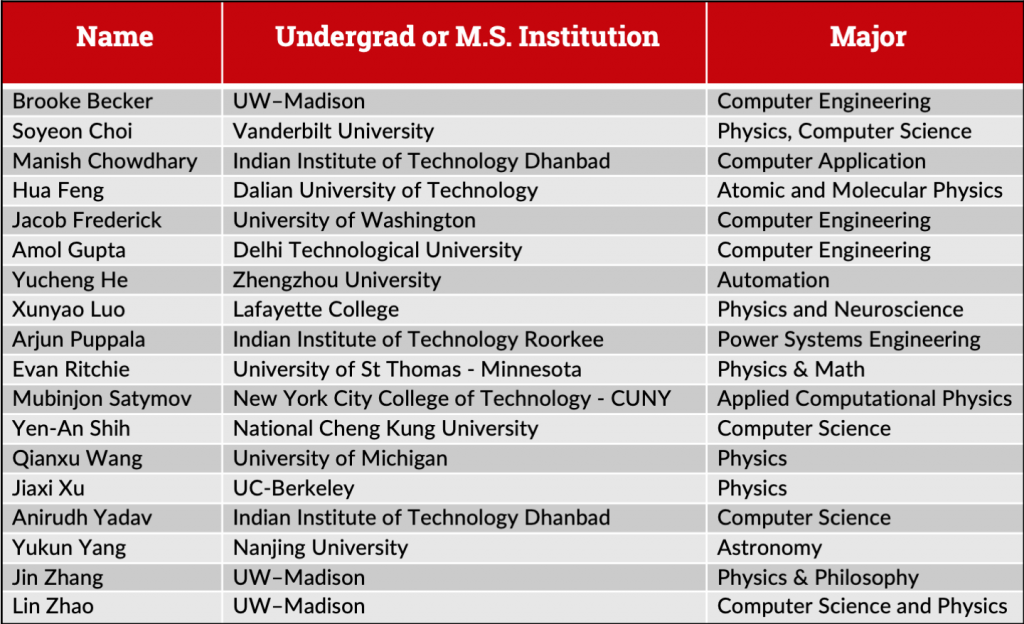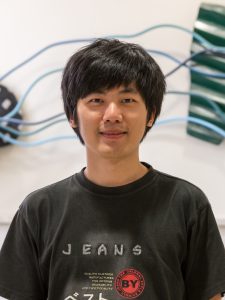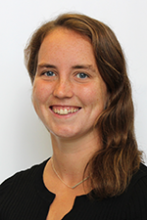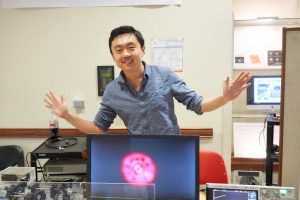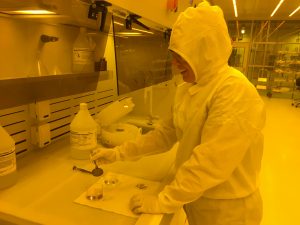The UW–Madison Physics Department and the Wisconsin Quantum Institute are pleased to welcome 18 students to the M.S. in Physics – Quantum Computing program. These students make up the third cohort to begin the program and are the largest entering class to date.
“We are really pleased and proud that the MSPQC program continues to grow and prosper in its third year,” says Bob Joynt, MSPQC Program Director, professor of physics, and WQI member. “We look forward to providing a great experience for the class of 2021. A particular focus this year will be the formation of collaborative teams that will push forward research in quantum computing.”
Of note, three women are in the entering class, marking the first time that women have enrolled in MSPQC. Other facts and figures about this year’s cohort include:
- 11 students are coming directly from completing their Bachelors
- Three students have Master’s degrees
- Six students have at least four years of professional experience, and four of those students have over 10 years professional experience
- 15 are international students, and seven of those students have attended U.S. institutions for previous studies
- The students’ academic backgrounds include physics, astronomy, engineering, and business administration.
The department is following University guidelines and is planning for students to join us in Madison this fall, with in-person instruction. Over the summer, students can attend optional virtual orientation sessions to prepare for the program.
“The pandemic imposed restrictions on our admissions and recruitment activities which forced us to work virtually, but I believe these barriers made our programming more accessible and led to the most diverse and determined incoming cohort of MSPQC students to date,” says Jackson Kennedy, MSPQC coordinator. “Although I have been able to meet our incredibly talented students virtually, I cannot wait to greet them in-person this Fall as we celebrate a long-awaited return to campus.”
In addition to Joynt, the department thanks the other faculty who serve on the MSPQC admissions committee — Alex Levchenko, Robert McDermott, Maxim Vavilov and Deniz Yavuz — for application review. We also thank Michelle Holland and Jackson Kennedy for organizing recruiting efforts.
The MSPQC program welcomed its first students in Fall 2019 – the first-ever class of students in the U.S. to enroll in a quantum computing M.S. degree program. The accelerated program was born out of a recognized need to rapidly train students for the quantum computing workforce and is designed to be completed in 12 months. It provides students with a thorough grounding in the new discipline of quantum information and quantum computing.
